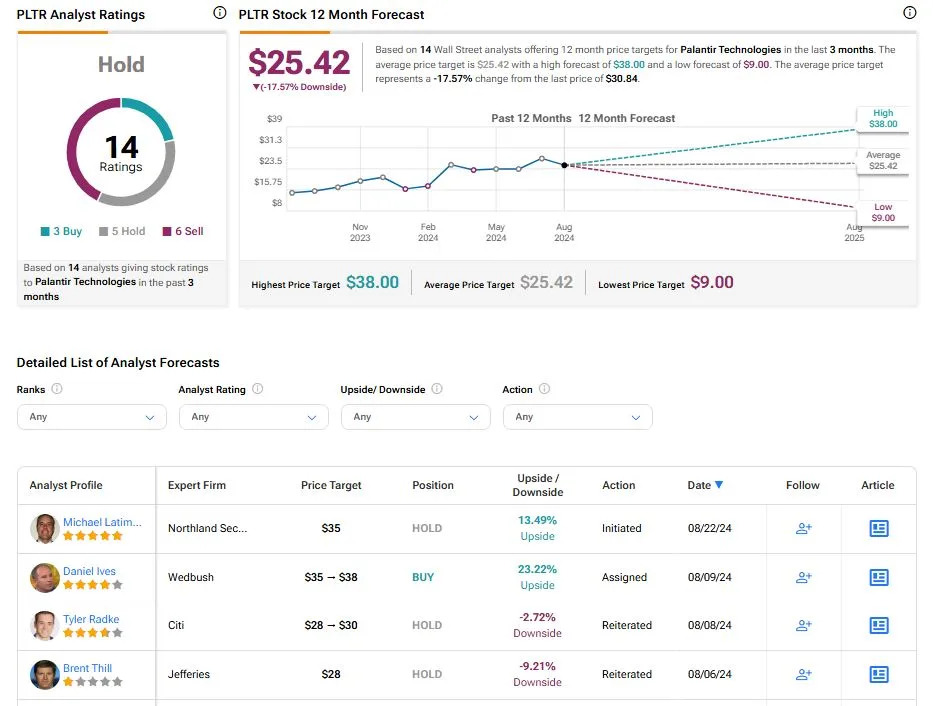By Arathy Somasekhar
(Reuters) -Oil prices were little changed on Wednesday, pressured by a large surprise build in U.S. gasoline stocks and worries about U.S. interest rate cuts next year, but prices drew support from concerns about supply eased after a ceasefire deal between Israel and Hezbollah.
Brent crude futures settled 2 cents higher at $72.83 a barrel. U.S. West Texas Intermediate crude slipped 5 cents to $68.72.
U.S. gasoline stocks rose by 3.3 million barrels in the week to 212.2 million barrels, the Energy Information Administration said, counter to analysts' expectations in a Reuters poll for a draw of 46,000 barrels.
Crude stocks fell by 1.8 million barrels in the week ended Nov. 22, the EIA added, far exceeding analysts' expectations in a Reuters poll for a draw of 605,000 barrels.
Market sources, citing the American Petroleum Institute, had said on Tuesday that oil inventories fell by 5.94 million barrels and fuel inventories rose last week.
"It is surprising to see gasoline inventories building so much and implied demand not really budging week-on-week, given expected record travel this Thanksgiving," said Matt Smith, an analyst at Kpler.
Oil prices also were dented by U.S. data showing progress on lowering inflation appears to have stalled in recent months, which could narrow the scope for the Federal Reserve to cut interest rates in 2025.
Traders added to bets the U.S. central bank will lower borrowing costs by 25 basis points at its Dec. 17-18 meeting, according to CME Group's FedWatch tool. However, they anticipate the Fed will leave rates unchanged at its meetings in January and March.
Slower-than-expected rate cuts would keep the cost of borrowing elevated, which could slow economic activity and dampen demand for oil.
Both oil benchmarks settled lower on Tuesday after Israel agreed to a ceasefire deal with Lebanon's Hezbollah group, effective Wednesday after both sides accepted the agreement brokered by the U.S. and France. The ceasefire started on Wednesday.
"The real question will be for how long it (the ceasefire) will truly be honoured," said Dennis Kissler, senior vice president of trading at BOK Financial.
Oil gained support after sources from the OPEC+ group, which includes the Organization of the Petroleum Exporting Countries and allies led by Russia, said it is discussing a further delay to the oil output increase set for January.
The group, which produces about half of the world's oil, had aimed to gradually ease production cuts through 2024 and 2025, but weaker global demand and rising output outside OPEC+ have cast doubt on that plan. The decision will be made at a Dec. 1 meeting.
The heads of commodities research at Goldman Sachs and Morgan Stanley said oil prices are undervalued, citing a market deficit and risk to Iranian supply from possible sanctions when U.S. President-elect Donald Trump takes office.
Sources also told Reuters on Tuesday that crude oil would not be exempt from the 25% tariffs that Trump has threatened to impose on all products coming into the U.S. from Mexico and Canada.
Oil industry analysts and traders warned the move would likely raise oil prices for U.S. refiners, squeezing margins and driving up the cost of fuel.






